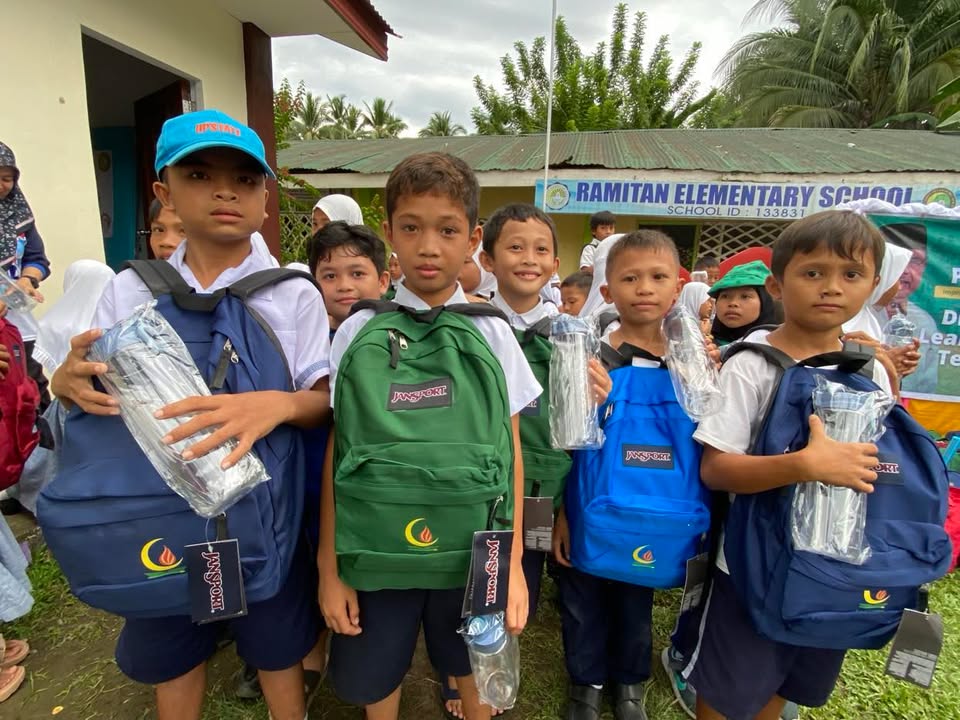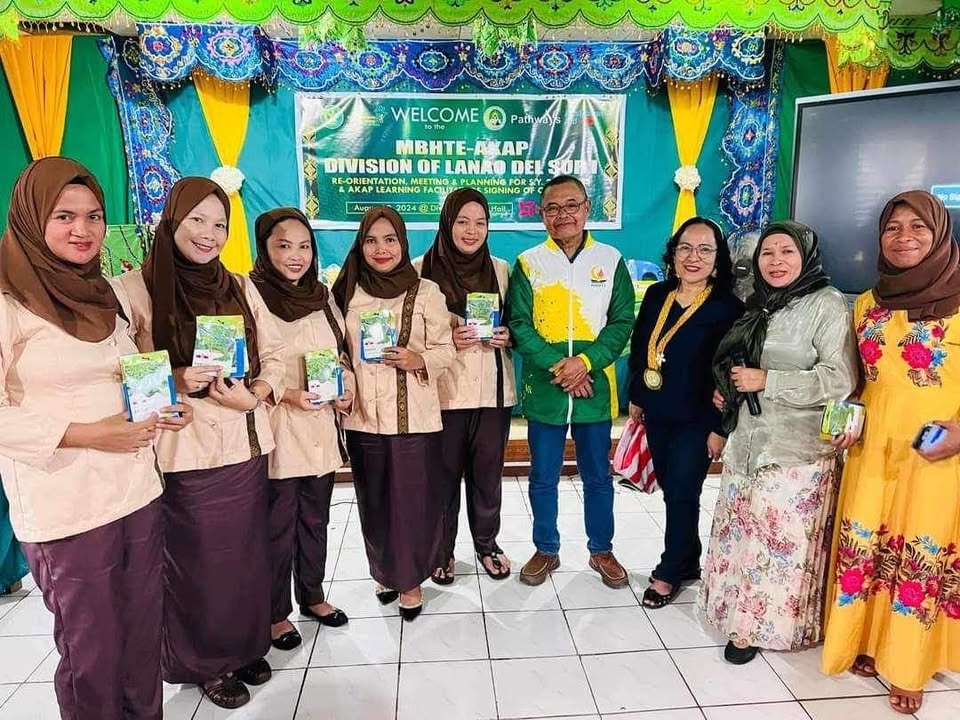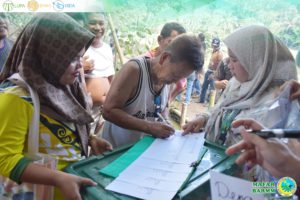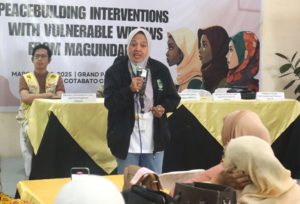
MBHTE Extends Education Assistance to Remote BARMM Communities

COTABATO CITY (April 23, 2025) — The “Abot Kaalaman sa Pamilyang Bangsamoro” (AKAP) project, a collaborative initiative between the Ministry of Basic, Higher, and Technical Education (MBHTE) and the Australian Government, is making remarkable progress in providing quality education to remote and underserved communities in the Bangsamoro region. This program, implemented through the Pathways initiative, utilizes an Alternative Delivery Mode (ADM) to overcome geographical barriers and reach children in areas that previously lacked schools.
Education Minister Mohagher M. Iqbal emphasized the project’s aim of delivering responsive, relevant, and equitable education to these marginalized communities.
“AKAP was designed to ensure that children in remote areas receive a responsive, relevant, contextualized, accessible, and equitable education through the Alternative Delivery Mode (ADM),” said Education Minister Mohagher Iqbal.
As of April 3, 2025, AKAP has established learning centers (LCs) in 143 barangays, representing 69% of the targeted areas. Out of these, 130 LCs are fully operational, offering education from preschool to Grade 3.
The program has achieved an impressive enrollment of 8,335 students — 4,087 girls and 4,248 boys — marking an 8% increase from the previous school year. Furthermore, three AKAP learning centers have successfully transitioned into fully established primary schools, demonstrating the program’s long-term impact. These newly established schools are located in Fukol and Lanting, Talayan, Maguindanao del Sur, and Kakar, Datu Odin Sinsuat, Maguindanao del Norte.
Beyond merely providing access to education, AKAP prioritizes gender inclusivity. The program actively empowers women to participate in community development, ensuring that no one is left behind.
Imelda Sombrito, the Regional Indigenous Peoples Education (IPEd) Focal Person, highlights the project’s importance in uplifting marginalized Indigenous communities, many of whom face significant challenges in accessing education due to their remote locations. She encourages young women to become leaders and advocates, emphasizing education’s transformative power in combating poverty and promoting social mobility.
“For the young Indigenous women and girls who aspire to be leaders and advocates, your voice, your identity, and your dreams matter. Embrace your roots, honor your culture, and don’t let challenges define your limits,” she said. (USM OJT Student: Melody N. Flores, BMN/Bangsamoro Today)

